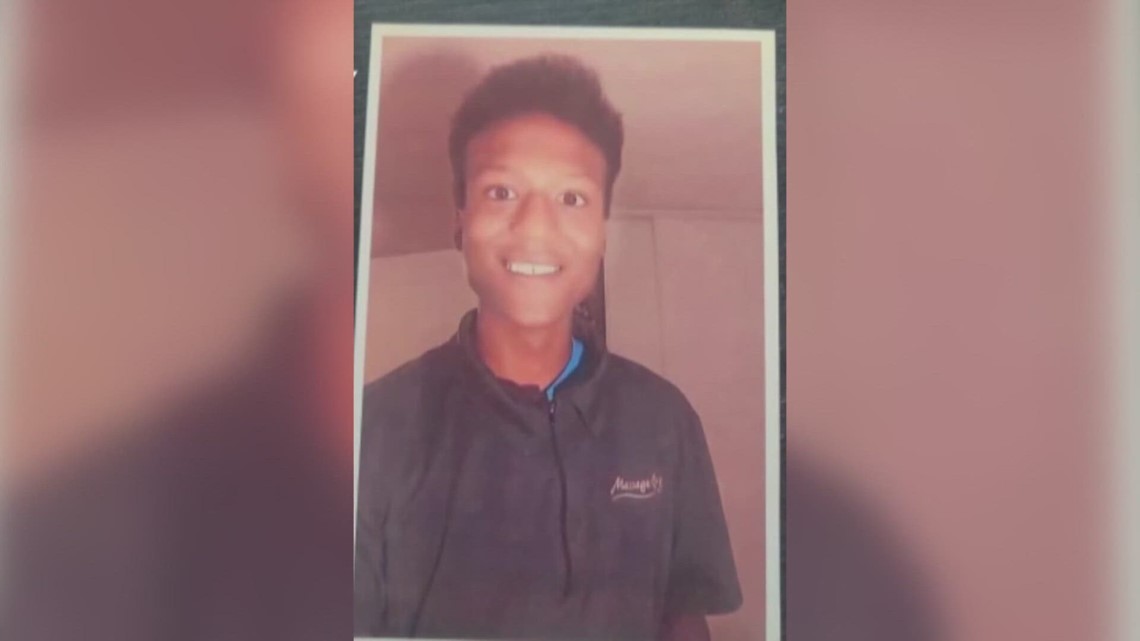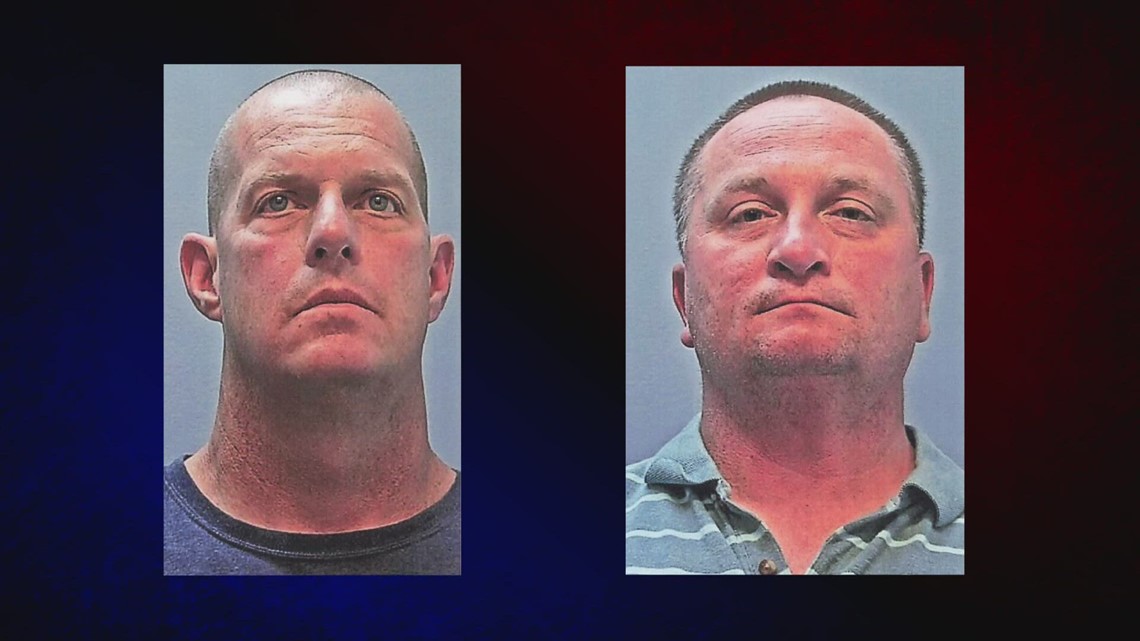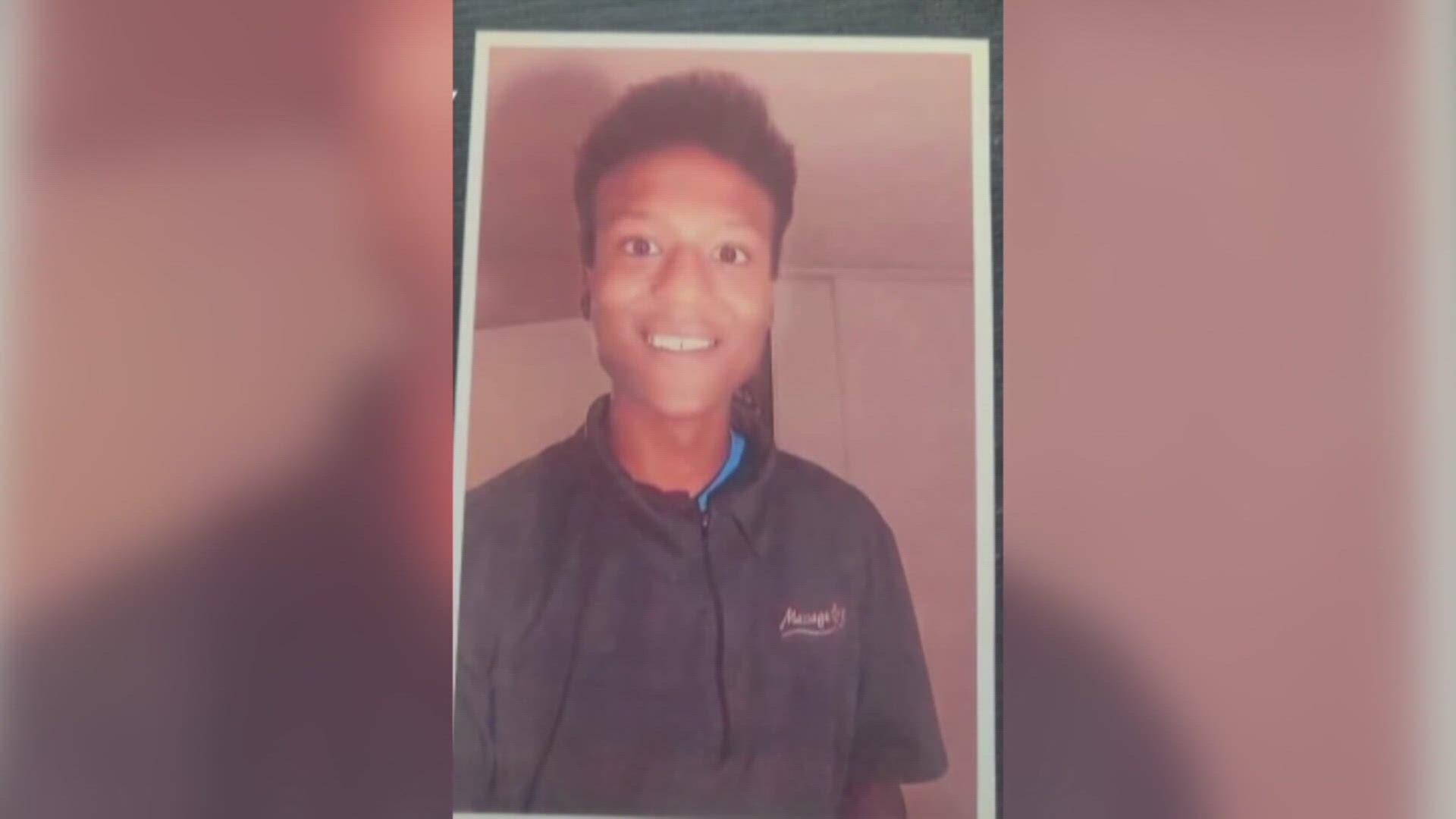AURORA, Colo. — The defense teams for the two Aurora Fire Rescue paramedics who are charged in the 2019 death of Elijah McClain rested their case on Tuesday, and closing arguments are set for Wednesday afternoon.
Peter Cichuniec and Jeremy Cooper are each charged with reckless manslaughter and assault. They injected McClain with ketamine - which several medical experts have said caused his death - on Aug. 24, 2019, following a struggle with three Aurora Police officers.
The officers approached McClain on that night after someone called 911 to report someone suspicious who was wearing a ski mask. Within seconds of approaching McClain, an officer grabbed him and he was violently taken to the ground.
During that struggle, McClain was placed in a carotid hold, which briefly cut off oxygen to his brain. That same night, McClain's heart stopped, and he later died.
On Tuesday, jurors heard from Robin McKinley, a firefighter/paramedic who works in Memphis, and Dr. Eric Hill, who helped develop the protocols for Aurora Fire Rescue.
McKinley, who has worked as a paramedic for decades, focused her review in the case to the time frame after Cooper and Cichuneic arrived on the scene. She told jurors repeatedly that she believed both acted within their "standards of care" for Aurora Fire Rescue throughout their interactions with McClain.
“My opinion is that they acted appropriately,” she told the jury.
McClain was given a 500-milligram dose of ketamine - which is the maximum dose medics were allowed to give, and one that was much too large for someone McClain's size.
During her testimony, McKinley pointed out that the medics had no training on how to estimate a patient's weight, and said McClain's bulky clothing and the darkness that night may have made it more difficult for them to get an accurate estimate of his weight.
Prosecutors have contended that after ketamine the paramedics should have been monitoring McClain immediately and should not have waited until he was in the ambulance to hook him up to monitoring equipment because the effects of ketamine can come on quickly.
Defense attorneys used McKinley's testimony to reiterate that the paramedics' training and protocols only required them to monitor someone after sedation - but did not say when they needed to do that.
"Does the protocol say where or when that re-assessment should be done?" asked Michael Pellow, an attorney for Cooper.
"No. It just says after the patient is sedated and restrained," she replied.
She also said it might have taken more time to get equipment out of the fire truck than to move McClain to the ambulance.


Jurors also heard from Hill, who told them that he applied for a waiver to allow the use of ketamine to treat patients for excited delirium in 2018. He said they had been using a different drug and were noticing it was not effective for excited delirium -- which, to believers, is described as a life-threatening condition marked by superhuman strength, imperviousness to pain, and severe agitation.
Hill told jurors ketamine's relatively quick onset and its "wide margin of dosing safety" made it a good choice. He testified there were also few contraindications for the drug - or situations where it could not be given.
Hill testified that hypoxia, or a lack of oxygen, and acidosis, or a buildup of acid in the body, were not conditions where ketamine would be contraindicated.
Prosecutors have contended that McClain was suffering from both of those as a result of the struggle with officers and said those conditions made him vulnerable to the ketamine.
Hill also told jurors that while respiratory depression can be a side effect of ketamine, it's much more common if the drug is given by an IV, instead of intramuscular, which is the way it was administered to McClain.
Prosecutors countered that their training told them that respiratory depression was a side effect that increased with "large doses."
After the defense rested its case, prosecutors requested to call several rebuttal witnesses, but Judge Mark Warner denied the request after hearing arguments from both sides.
Jurors will return Wednesday at 11 a.m., when instructions will be read. They'll then break for lunch, with closings scheduled to start at 1 p.m.


The paramedics are the last two of the five men indicted in McClain's death to go to trial. In the first trial, a jury returned a split verdict for Aurora officers Randy Roedema and Jason Rosenblatt. Roedema was found guilty of criminally negligent homicide and third-degree assault and will be sentenced in January. That same jury acquitted Rosenblatt of all charges. Officer Nathan Woodyard was acquitted in a separate trial.
SUGGESTED VIDEOS: Elijah McClain death

